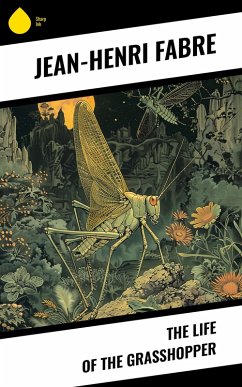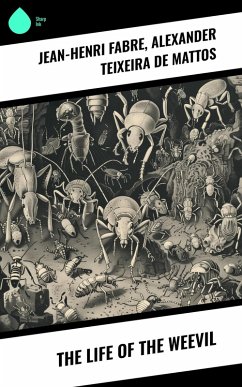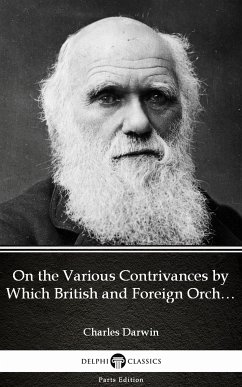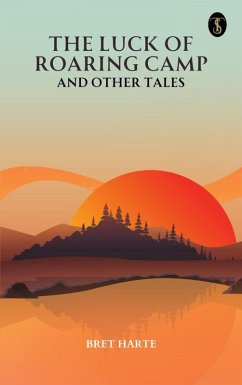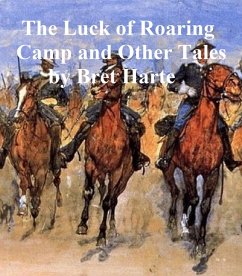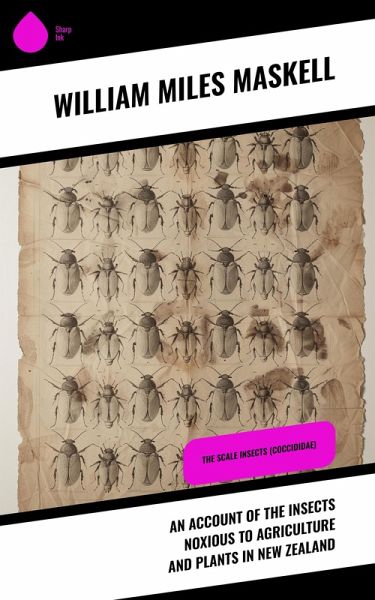
An Account of the Insects Noxious to Agriculture and Plants in New Zealand (eBook, ePUB)
The Scale Insects (Coccididae)

PAYBACK Punkte
0 °P sammeln!
In "An Account of the Insects Noxious to Agriculture and Plants in New Zealand," William Miles Maskell meticulously catalogs the diverse array of harmful insects adversely affecting the agricultural landscape of New Zealand. Employing a scientific yet accessible literary style, Maskell's work blends detailed descriptions with practical observations, situating the text within the burgeoning field of entomology during the late 19th century. The book serves not only as a taxonomic reference but also as an essential guide for farmers and horticulturists, emphasizing stewardship and the imperative ...
In "An Account of the Insects Noxious to Agriculture and Plants in New Zealand," William Miles Maskell meticulously catalogs the diverse array of harmful insects adversely affecting the agricultural landscape of New Zealand. Employing a scientific yet accessible literary style, Maskell's work blends detailed descriptions with practical observations, situating the text within the burgeoning field of entomology during the late 19th century. The book serves not only as a taxonomic reference but also as an essential guide for farmers and horticulturists, emphasizing stewardship and the imperative of understanding ecological balance in contemporary agricultural practices. William Miles Maskell, a prominent entomologist of his time, was driven by a profound commitment to improving agricultural productivity amidst the challenges posed by invasive species. His academic background and extensive fieldwork in New Zealand provided him with invaluable insights into the intricate relationships between local ecosystems and the pests that threaten them. This foundational knowledge informed Maskell's desire to empower practitioners with practical information that could mitigate the adverse effects of such pests on crop yields. This book is highly recommended for agricultural scientists, pest management professionals, and anyone interested in the interplay between ecology and agriculture. Maskell's rigorous analysis not only illuminates the specific challenges faced in New Zealand but also contributes to the broader dialogue on sustainable agriculture. Readers will find this work both informative and engaging, making it a vital reference in the study of entomology and agriculture.
Dieser Download kann aus rechtlichen Gründen nur mit Rechnungsadresse in A, B, BG, CY, CZ, D, DK, EW, E, FIN, F, GR, HR, H, IRL, I, LT, L, LR, M, NL, PL, P, R, S, SLO, SK ausgeliefert werden.





